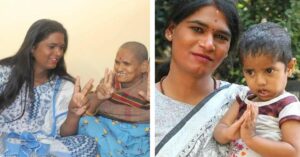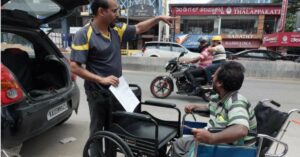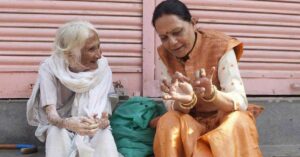25,000 Trained To Fish ‘Inland’: How One Jharkhand Man Created a Food Revolution
“Fishing was looked down upon in our area. Now, many people are ready to take up this trade,” says a fish farmer from Bundelkhand.
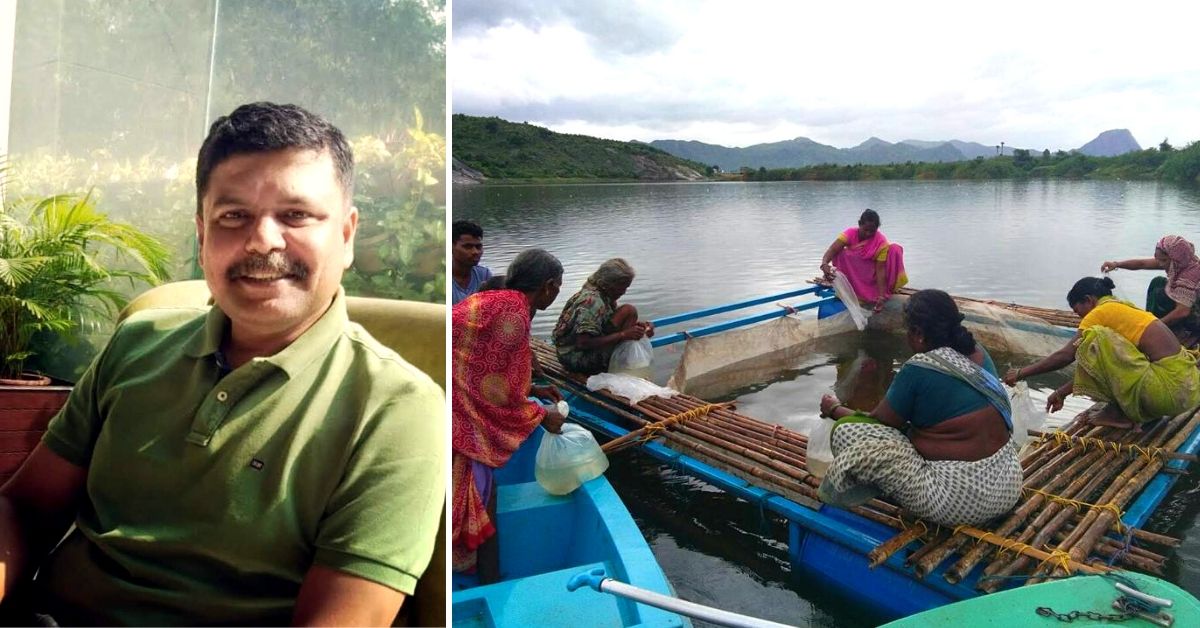
With The Positive Collective, The Better India’s COVID-19 coverage is available to regional language publications for free. Write to [email protected] for more details.
According to the Economic Survey of India, about 70 per cent of rural households depend on agriculture for their livelihood. Moreover, about 82 per cent of these farmers are small and marginal.
In addition to the glaring inequities, small and marginal farmers are worst hit by weather conditions like droughts, floods, pest attacks, all resulting in low productivity.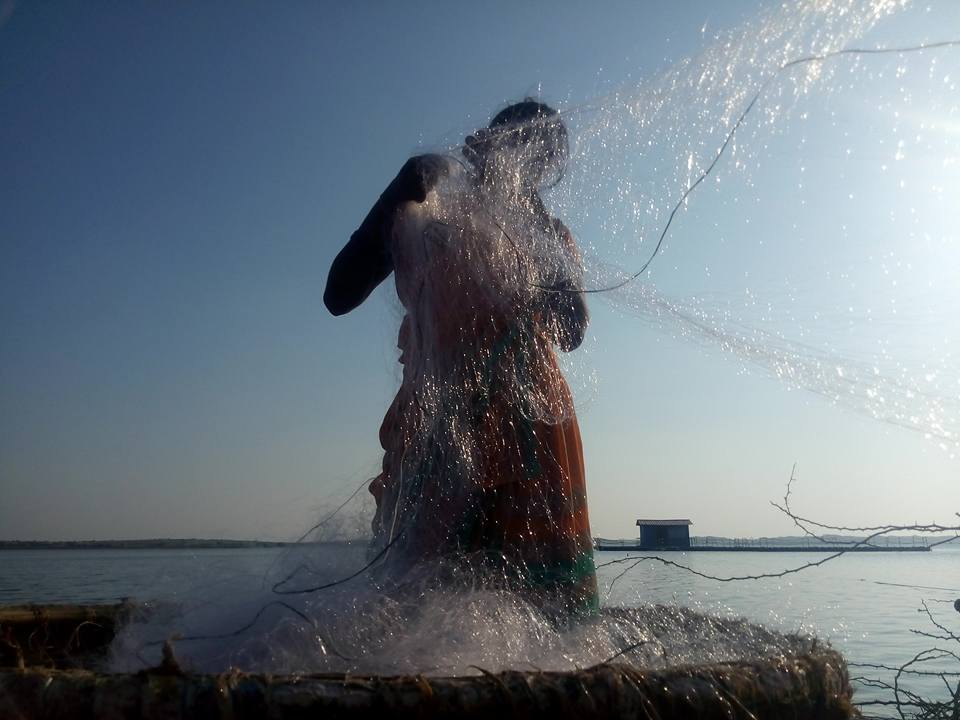
Neelkanth Mishra identified the strenuous conditions of marginal farmers. A social entrepreneur from Jharkhand, he began interacting with fishing communities while working as a Program Officer with Oxfam from 2006 to 2009. He saw that inland fisheries were an excellent way for farmers to earn a steady source of livelihood. It was a primitive sector, and he saw the opportunity in developing it.
For this, he founded the Centre for Aquatic Livelihood- Jaljeevika – a fishery-based non-profit organisation, in 2013.
The organisation introduces rural folk to inland fisheries and trains fish farmers in developing cost-effective technology. They also teach them how to manage fisheries to improve production and profitability.
“Through Jaljeevika, we have taught fish farmers how to make fishing tools and equipment with minimum investments, promoted women to take up fish farming, taught them how to produce fish seed, while also helping fisherfolk to become micro-entrepreneurs through value addition and processing of fish. For example, a lot of them have learnt how to process dry fish which they could also be selling,” shares the 45-year-old.
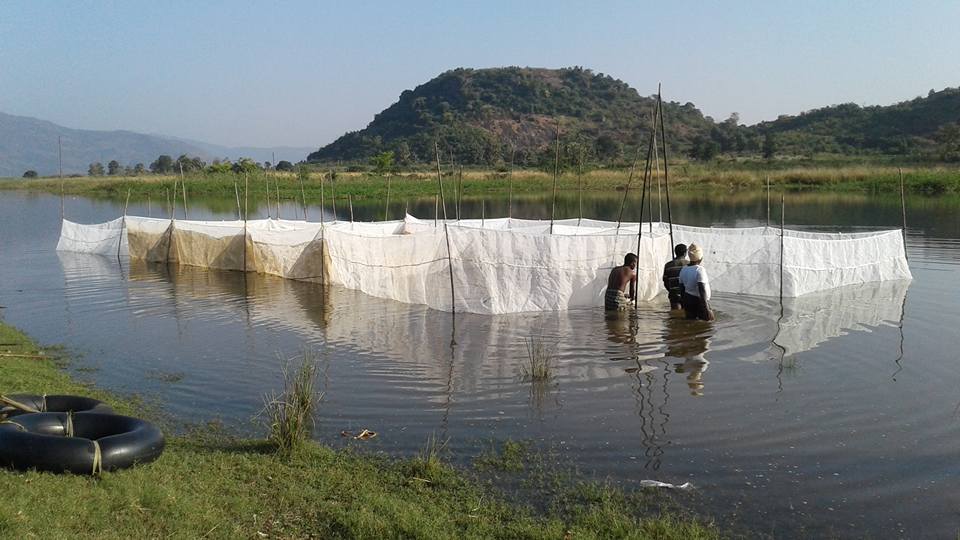
Jaljeevika has engaged with fish farmers in Jharkhand, Madhya Pradesh, Bihar, Odisha, West Bengal, and Andhra Pradesh, transforming over 1,000+ fisherfolk into microentrepreneurs. Overall, their projects have improved the lives of over 25,000 people in the country, which include over 5,000+ women organised in Self Help Groups (SHGs).
Journey from a social worker to a changemaker
Neelkanth was born in Jamshedpur, the city famous for its steel industries. Fascinated by the world of numbers, Neelkanth decided to pursue his bachelor’s in Mathematics from Banaras Hindu University (BHU) and graduated in 1998.
“During this time, I started reading up and got inclined towards addressing social issues. So, I thought of either pursuing journalism or working in the development sector,” recalls Neelkanth.
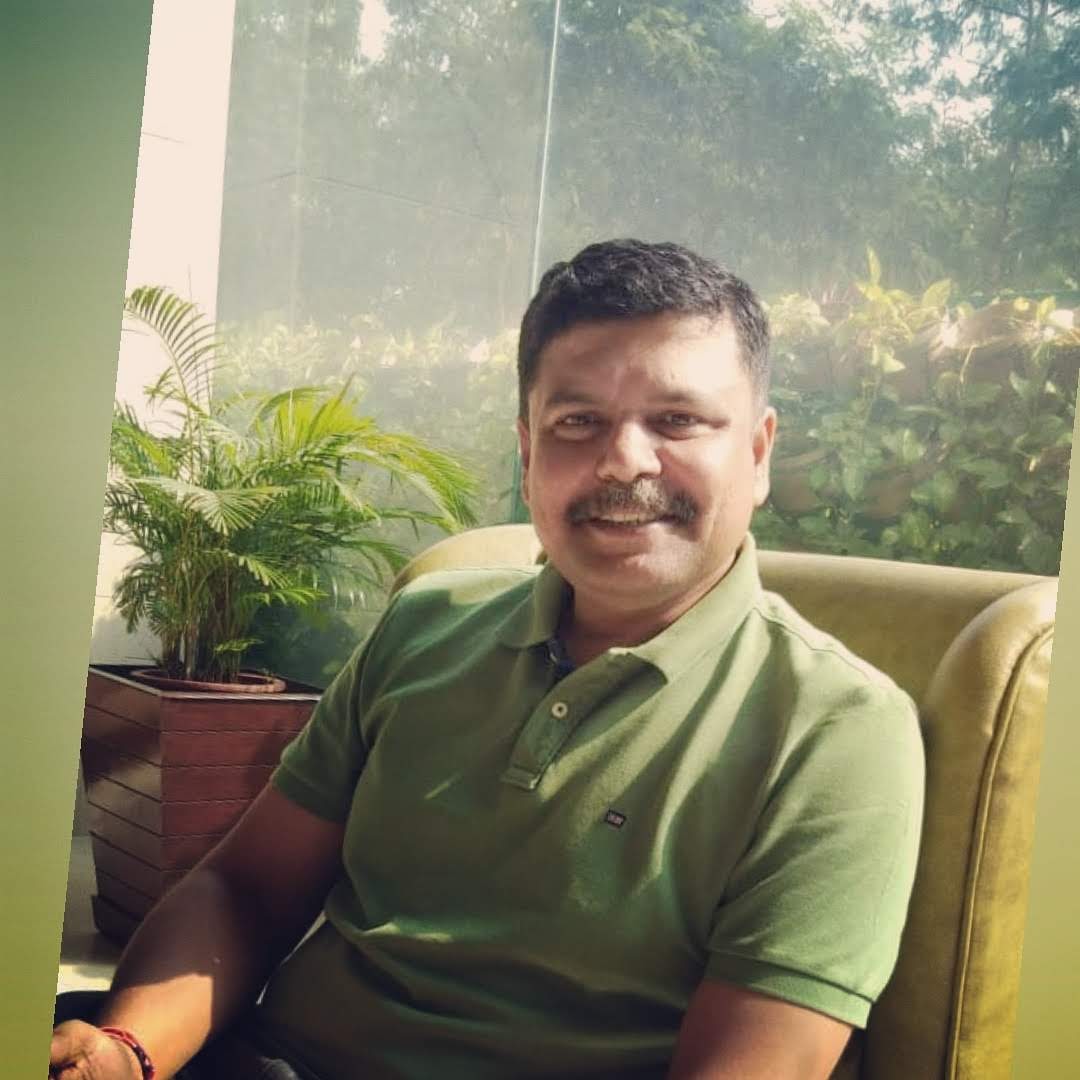
He decided to bring his plan into action by pursuing a Master’s degree in Rural Development from Ranchi’s Xavier Institute of Social Service. After completing his course in 2000, he joined The Free Legal Aid Committee in Jamshedpur and addressed the problem of ‘witch-hunting’ in Jharkhand and Bihar.
He prepared case studies of 150 victims, raised widespread awareness on the issue, and worked with lawyers and individuals to facilitate legal action. In 2001, these efforts bore fruit when the Jharkhand government enforced the Witchcraft Prevention Act.
For the next few years, he worked with a few NGOs on issues of tribal rights, human rights, Dalit rights, child rights, helping raise funds, creating awareness and promoting improvement in the lives of minority groups.
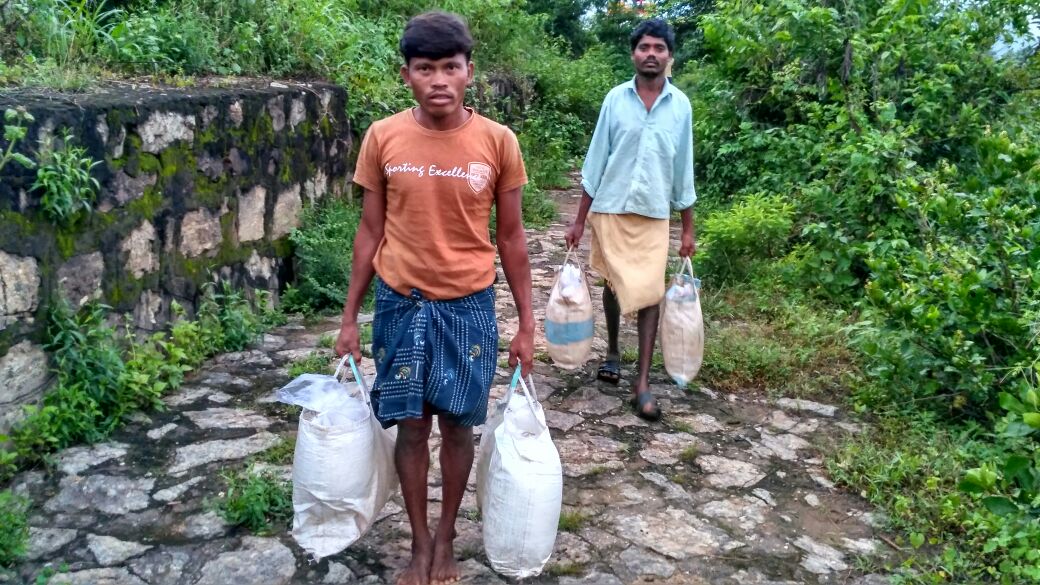
However, the most crucial turning point came when he joined Oxfam’s office in Lucknow as a Program Officer. This was the first time he was working on a livelihood development programme involving fishing communities based out of Bundelkhand in Madhya Pradesh.
“There were three main takeaways from this experience. For inland fishers to be successful, you need to teach farmers how to reduce their production costs. This could be achieved by teaching them how to make fishing equipment and fish feed by themselves. Also, market linkages needed to be established along with promoting the benefits of integrated farming,” he says.
He immediately realised that this model could be replicated across different parts of the country. To spread the information, he joined Revitalising Rainfed Agriculture (RRA), a network of NGOs from Odisha, Maharashtra, Jharkhand, Madhya Pradesh, and Bihar.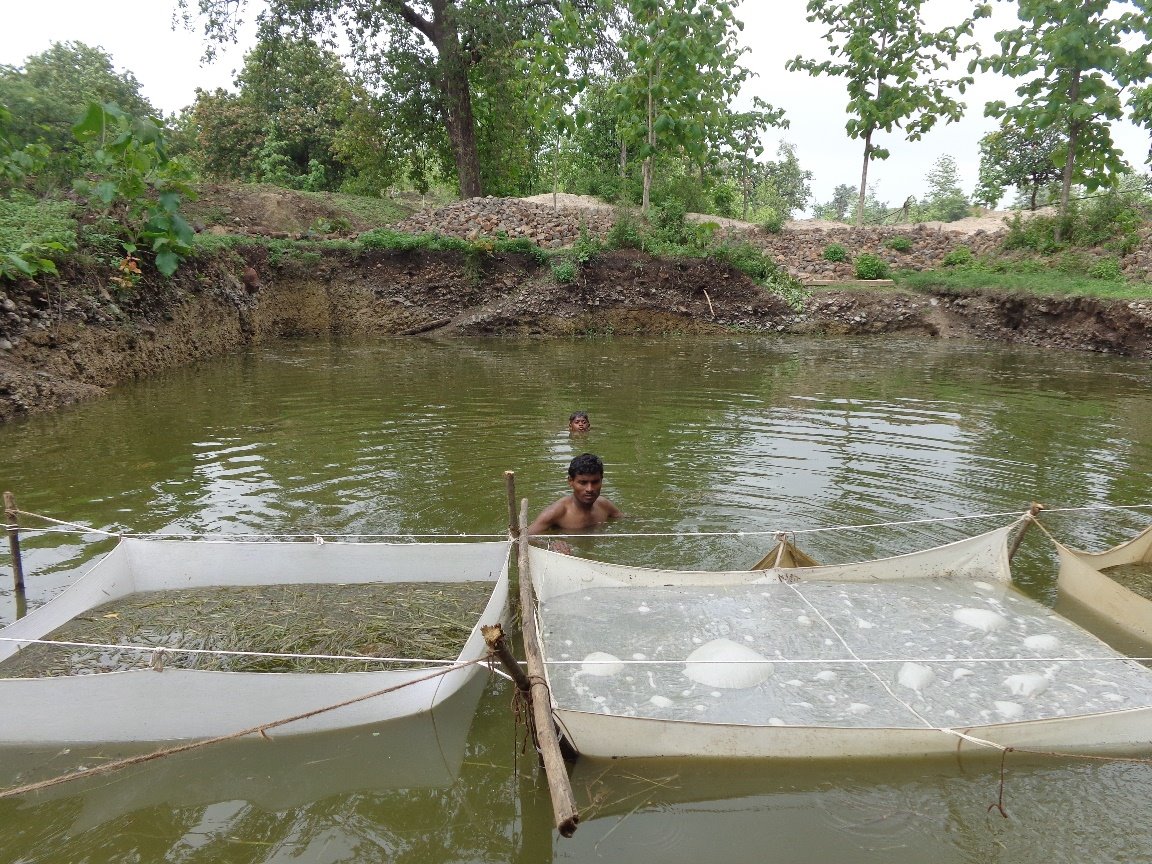
“By tapping into this network, we conducted several training workshops with NGO leaders and with people on the ground. I also began guiding pilot projects that began in these states,” he says.
After three years of fisheries training and development, Neelkanth saw the need to found a formal organisation that focused on the subject. Thus, in 2013, Jaljeevika was founded and registered as an NGO.
Empowering fisherfolk with knowledge and skill
“In the initial days, swing, there was resistance from people because many of them had never engaged in fisheries management. The novelty of the concept brought in a lot of scepticism,” shares Neelkanth.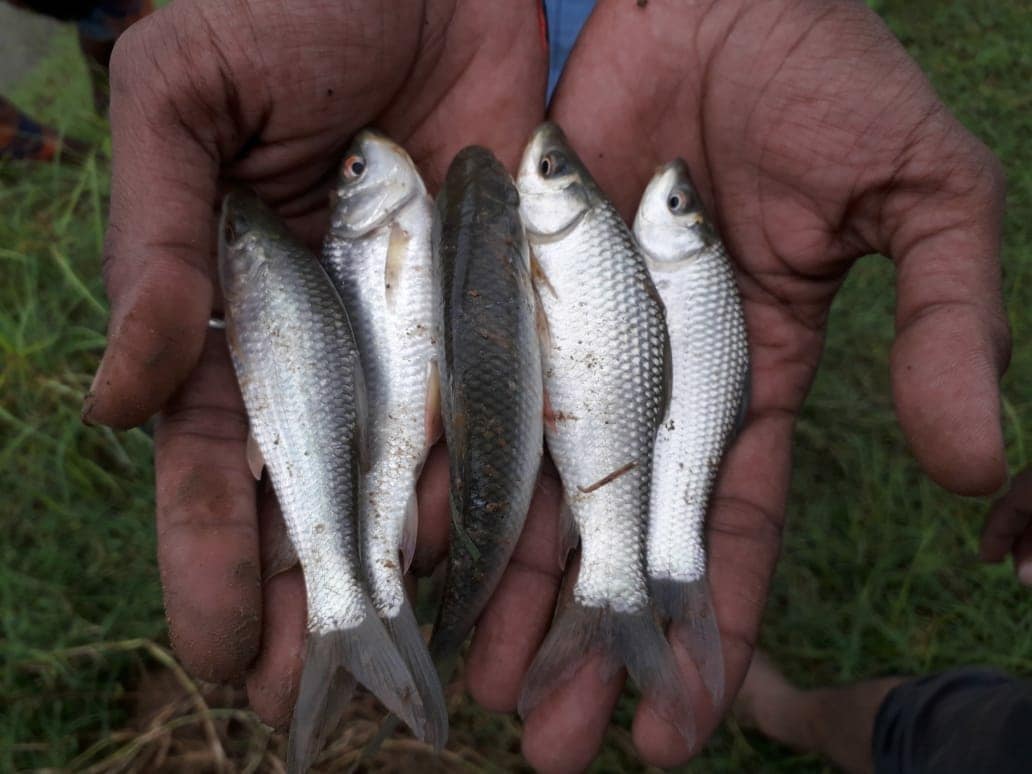
However, they were certain that the financial benefits from the trade would dissipate all doubts.
“To improve the catch, a proper fishing cage is needed. However, this increases the cost for the fisherman as the equipment costs over Rs 2 lakh! We decided that this cage could be made by the fisherfolk using locally-sourced materials like bamboo, nets, wood,” he explains.
They also gave essential pointers regarding cultivating fish seed or baby fish.
“Fish seed bought from hatcheries was expensive, and in several cases, we noticed that farmers were getting it from West Bengal and Andhra Pradesh. Despite all the money and efforts, the farmers did not know the quality of the seed, and often they would get dead ones. They also did not know when these should be released in the ponds, the appropriate temperature of the water, or how to ensure a low mortality rate for more production,” he states.
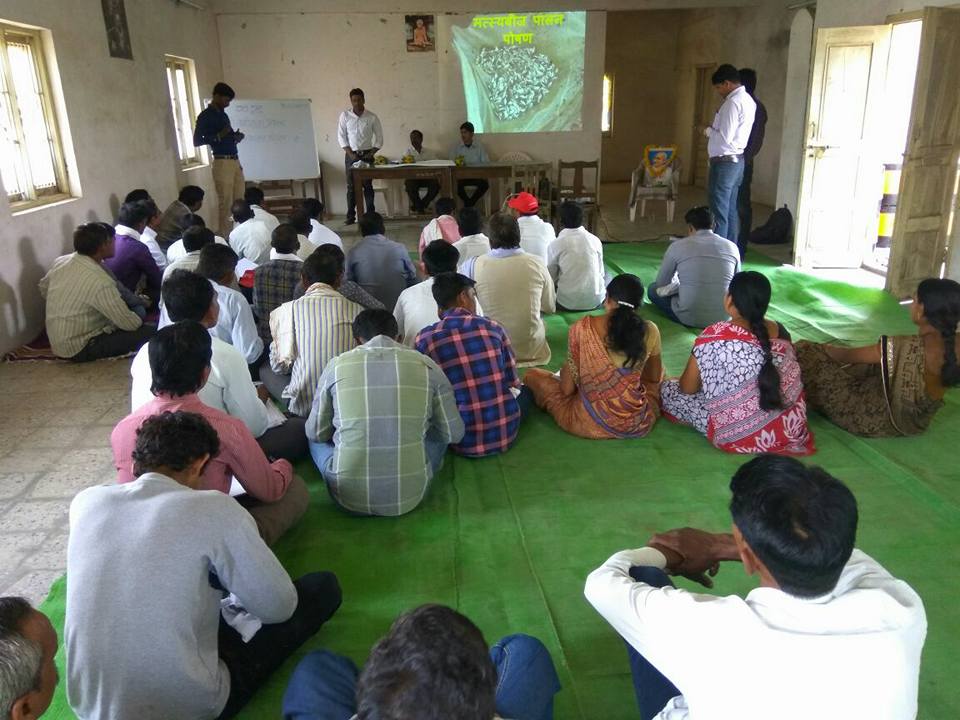
Thus, they began teaching farmers how to culture their seeds by tapping into local networks and other available water resources. Promoting the production of fish feed by the fishermen would surely bring down costs.
“They did not know how to make this by themselves. So, we taught them how to make feed using rice husk, waste from processing mustard to make oil, lentils, and other agri waste. We also taught them about the right proportions because the fish need carbohydrates, proteins, and fats in the right amount,” says Neelkanth.
Additionally, they also taught fish farmers to propagate Azolla, an aquatic weed, that could be used as fish feed.
Neelkanth also noticed the shortage of water resources where fisheries could be managed. He found the solution in a co-operative model, where all the water bodies in a particular block or a village could be consolidated. Those who did not have ponds at home could work in these community-managed fisheries.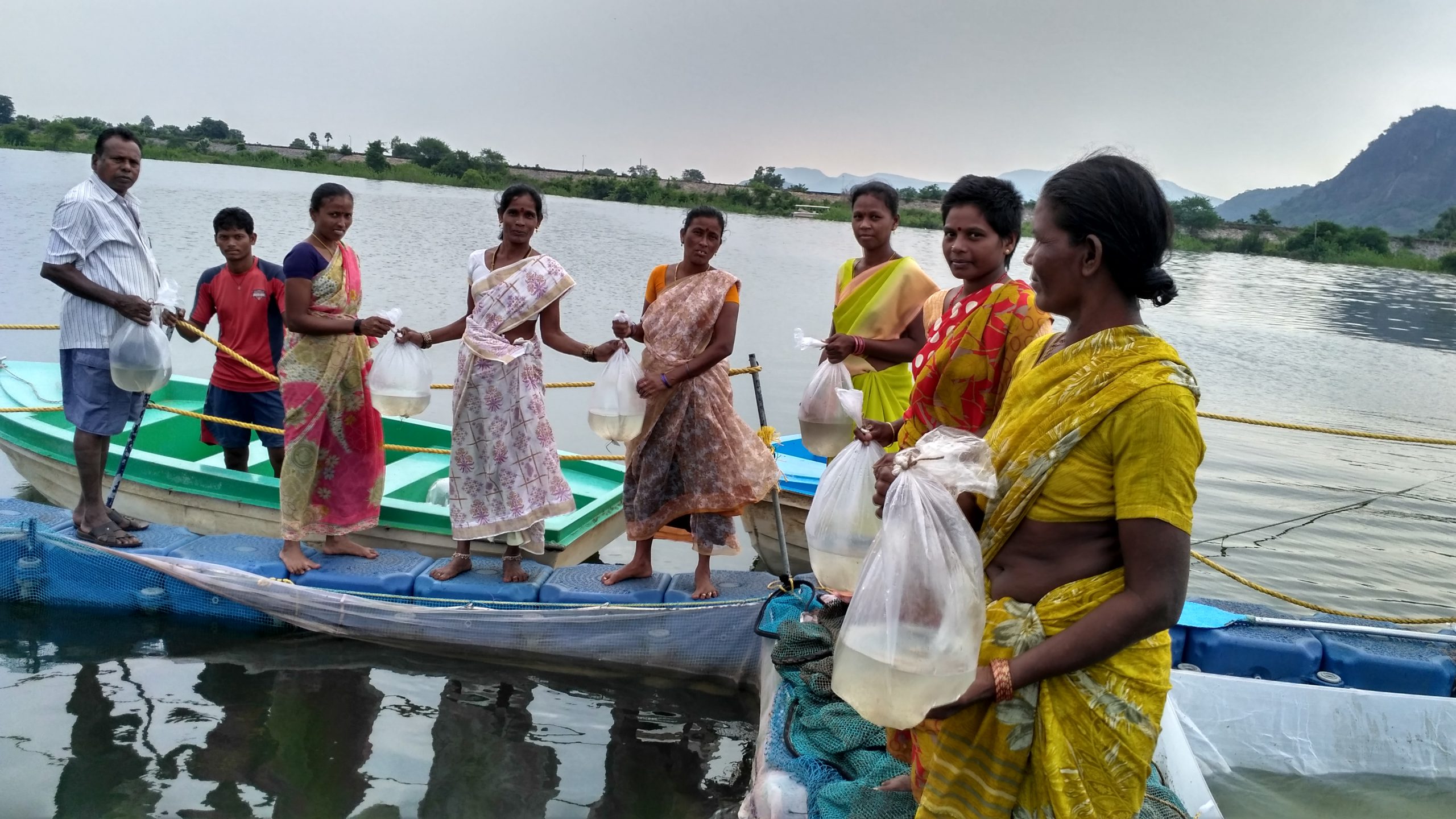
With more hands-on-deck, there was efficient management and sharing of responsibilities among the fishermen.
Another programme that Neelkanth is proud of involves women SHGs.
“Collaborating with the Maharashtra Rural Livelihood Mission in 2013, we began working with women SHGs in Yavatmal, Gondia, and Gadchiroli. Initially, we started training about 100 women from eight SHGs. But now, we have helped over 4,000 women participate in fish farming and have 600+ SHGs working with us,” he says.
They also promote entrepreneurship by helping farmers process dry fish, take up ornamental aquaculture, and set up fishing collectives. This facilitated the formation of 130+ fishing cooperatives and groups, most of which have been operating in Bundelkhand, Pune, and Sangli.
And, the story of success is best told by fishermen who have experienced the benefits of the model first-hand.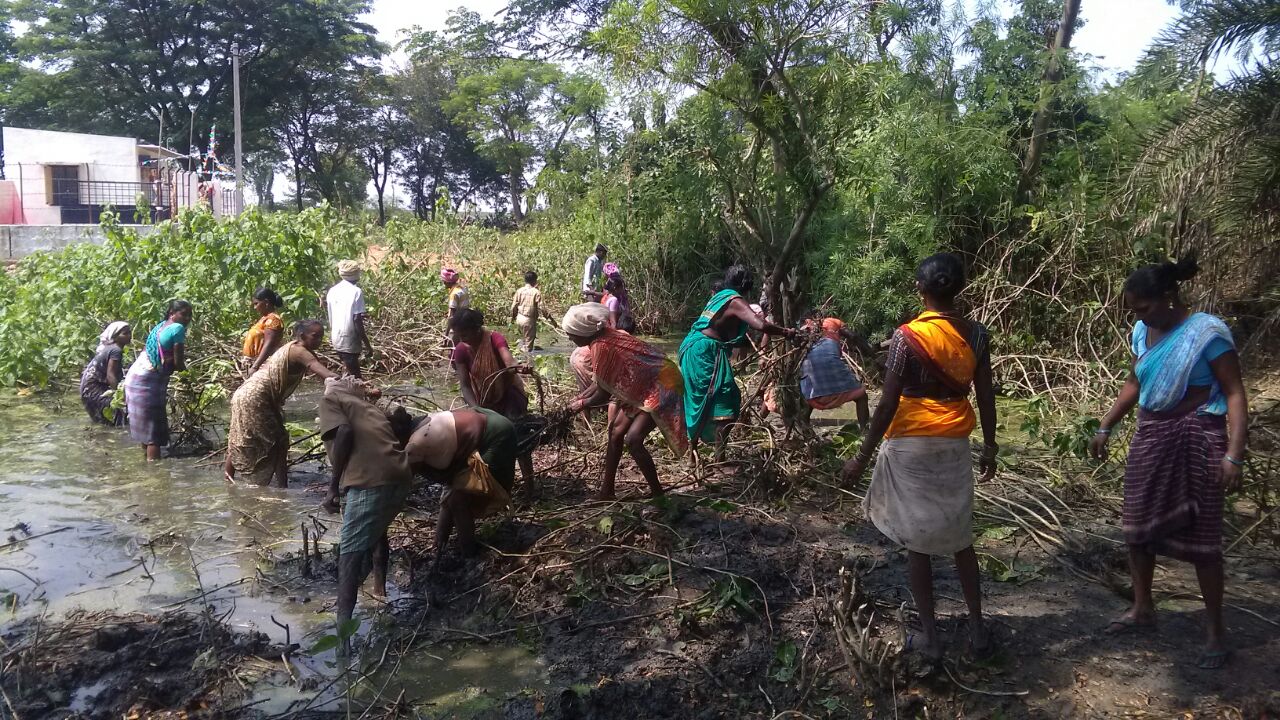
Take Bundelkhand-based Sanjiv Mishra. The 44-year-old has been working as a fisherman since 2004 after he got a pond at home. But, he faced several challenges.
“I did not know when to release the fish seeds in the pond, and they would often be eaten by the bigger fish. But after interacting with Jaljeevika in 2017, I learnt the right way of releasing seeds in the pond, along with how to prepare the pond bed before monsoon,” he says.
He adds that he also learned how to make fish feed at home using rice husk, jaggery, mustard pulp, which has resulted in healthy growth of the fish. He was taught to culture and process fish like pabda, chingri, and kawaii, selling these in live and dry form to local fish vendors.
“From producing three to four tonnes of fish in a year, I now produce nine tonnes. The fishing profession was looked down upon in our area. Jaljeevika has shown how fishing can be a profitable business, helping in our social upliftment. Now, many people are ready to take up this trade,” he says.
Overcoming hurdles to create change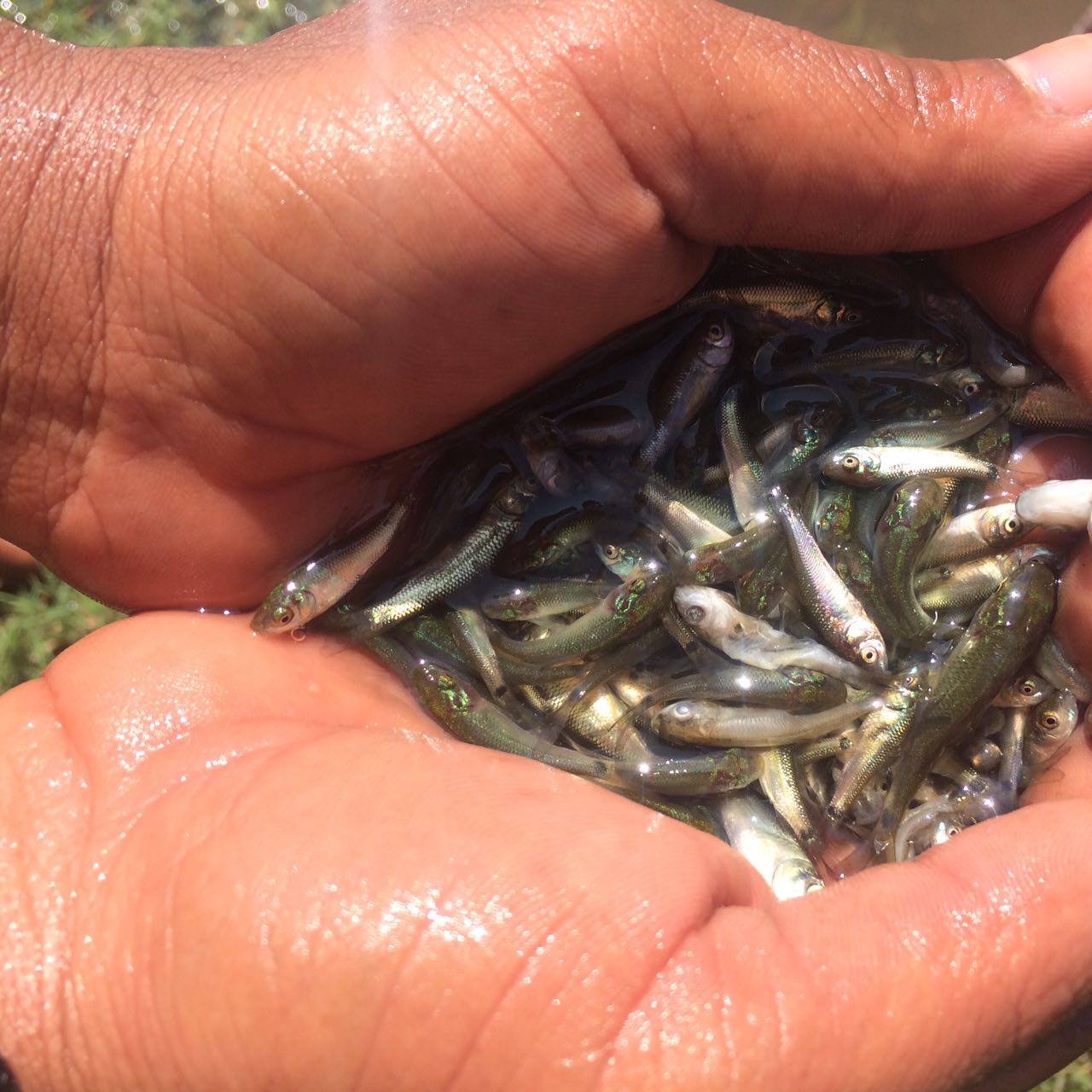
Despite impacting over 20,000 households with their model, raising funds from donors and spreading awareness, it has not always been a smooth ride.
“Whenever we start a project, the initial challenge is always to build trust. This is not a sector that yields immediate results, because working with people, cooperatives, nonprofits on the ground takes a lot of patience. But, after a year or so, when different stakeholders start experiencing the benefits, they begin trusting us,” he says.
Another thing that he points out is how there are very few institutions in the country that work on research and development of inland fisheries. “There is a need for qualified professionals who can transfer knowledge to the fisherfolk. Right now, most of the learning for people involved in this trade is on the job. But, with intervention from researchers, the fisherfolk can be trained faster,” states Neelkanth.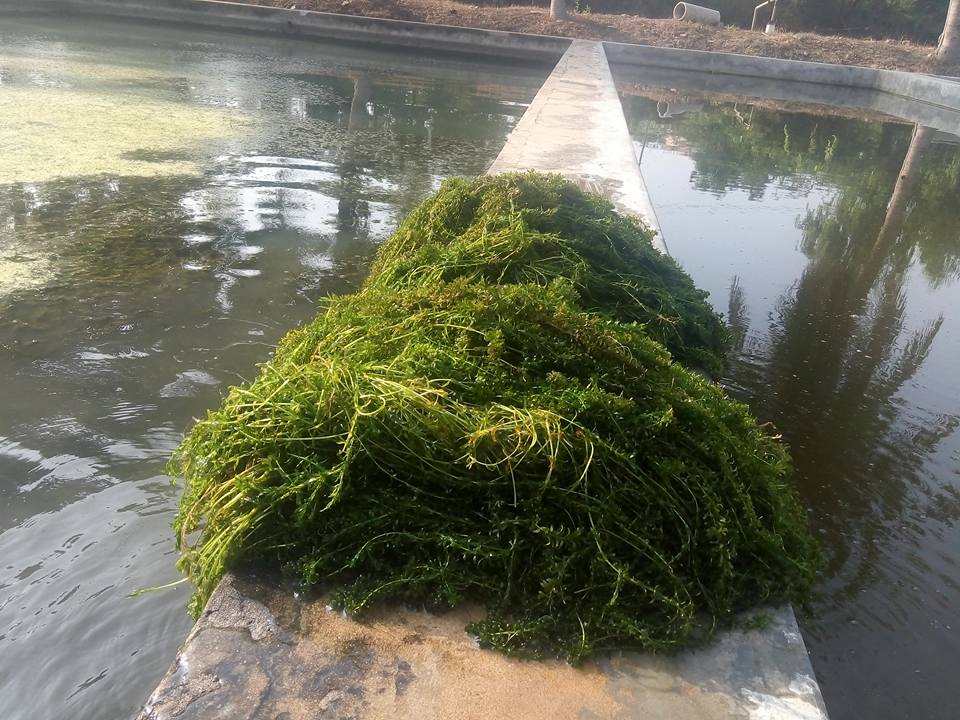
Regardless, Jaljeevika has done remarkable work and been recognised for it as well. In 2017, Neelkanth was recognised as an Ashoka Fellow. Jaljeevika was also the recipient of the Outlook Poshan Award in 2019. In the same year, they emerged as finalists for the United Nations Development Programme (UNDP) Equator Prize, which recognises community efforts in reducing poverty by sustainably using and conserving biodiversity.
So, what lies ahead for the organisation?
Neelkanth shares that they want to add more grassroots NGOs in their network so that the model can be effectively scaled. He also wants to reinvent more efficient entrepreneurship models and bring in IoT (Internet of Things) and artificial intelligence to help in the transfer of knowledge.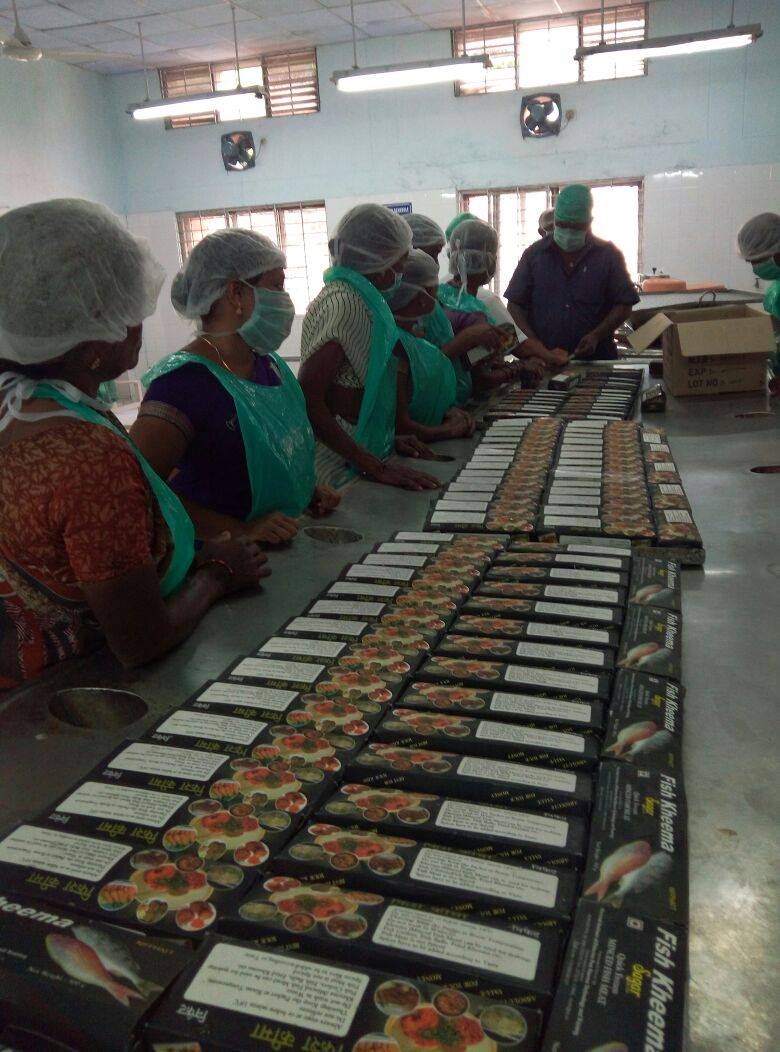
“The ultimate goal for us is to bring all stakeholders in the fishing sector–cooperatives, farmers, vendors, private companies, banks–under one umbrella for greater interaction and wholesome development of the sector. This will bridge gaps and improve the rural economy,” he signs off.
(Edited by Shruti Singhal)
Like this story? Or have something to share?
Write to us: [email protected]
Connect with us on Facebook and Twitter.
This story made me
- 97
- 121
- 89
- 167
Tell Us More
We bring stories straight from the heart of India, to inspire millions and create a wave of impact. Our positive movement is growing bigger everyday, and we would love for you to join it.
Please contribute whatever you can, every little penny helps our team in bringing you more stories that support dreams and spread hope.






